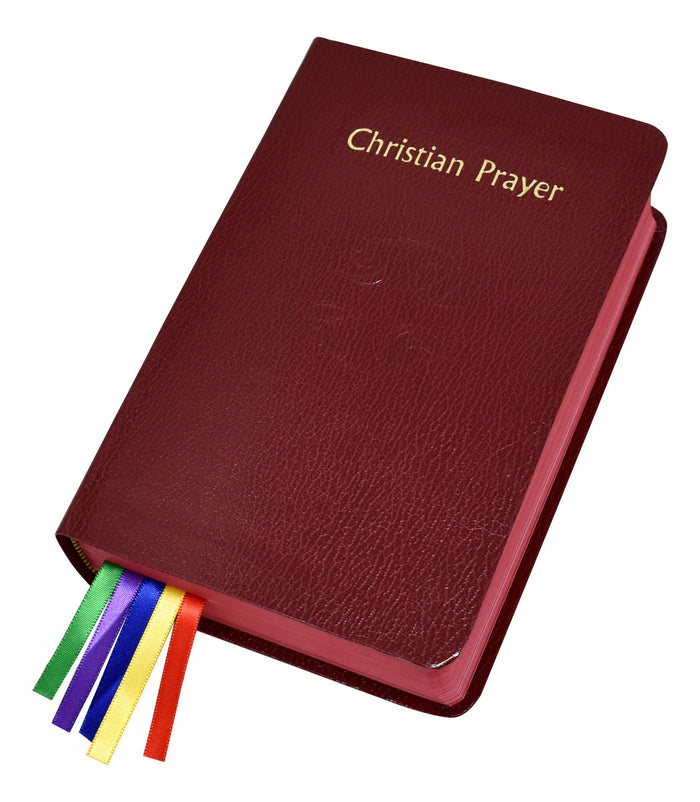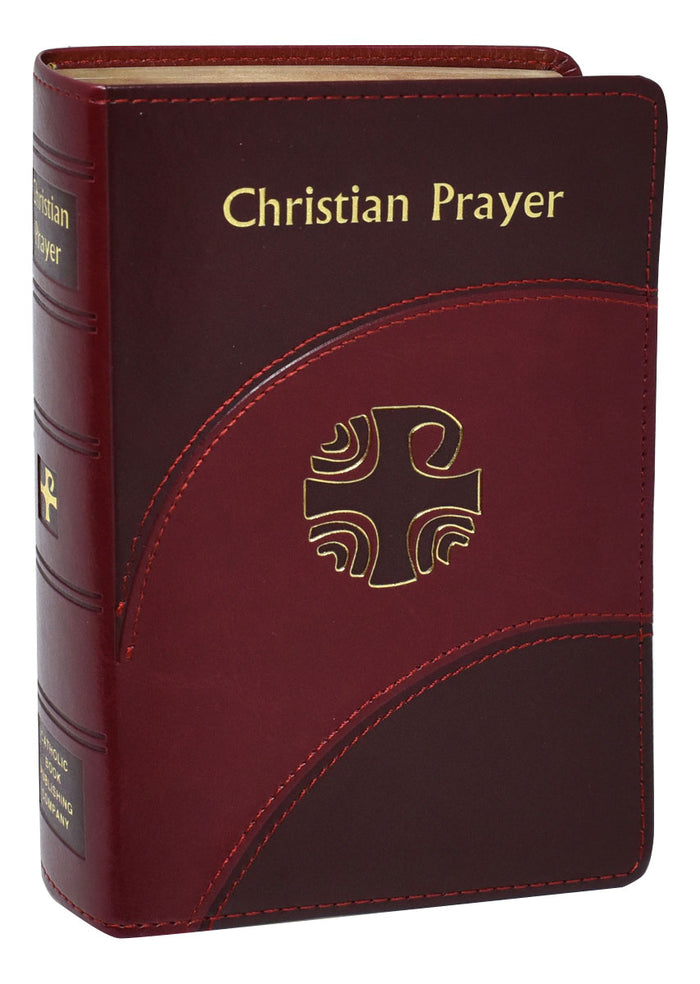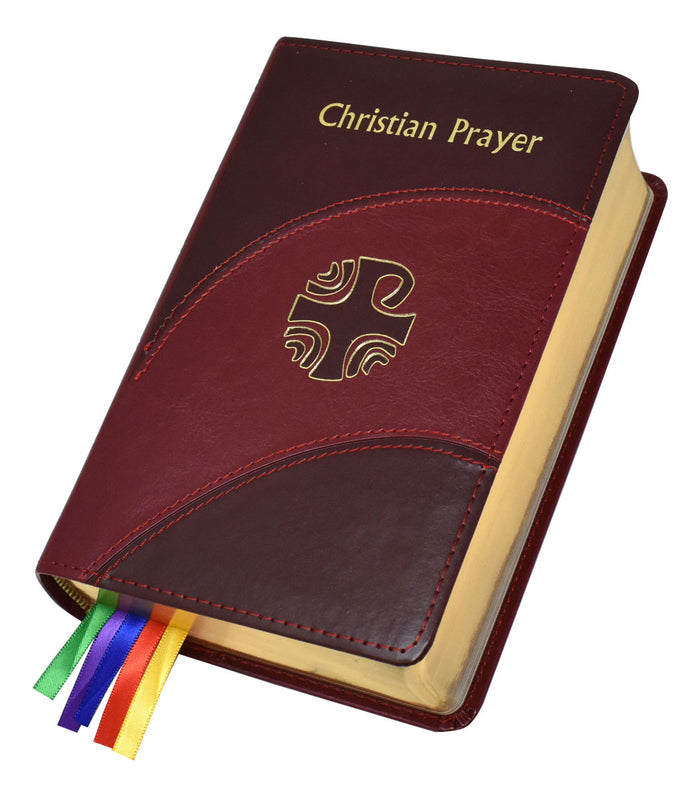We live in an age of instant communication—so much so that, paradoxically, it is easy for us to lose focus on the meaning of what we are saying and what we are hearing or reading. We want to get our ideas across effectively, but do we consider to what extent our communication promotes the good? It has always been the case that some people just like to hear themselves talk. Today, through social media, all of us have an almost unlimited audience. But, is communication only about having an audience or a following?
The word “communication” comes to English through Anglo-Norman, and is ultimately from the Latin “communicatio,” which refers to an action of sharing. In fact, “communication” is related etymologically to “communion,” and as long ago as the 2nd century C.E., the word “communicatio” was used to refer to membership in the Christian community—and later, to participation in Holy Communion. The act of communicating, which we think of in generally secular terms today, actually has a holy origin and goal!
While social media as we know them today have a more contemporary genesis, the bishops of the Second Vatican Council had the insight to pen Inter Mirificia, whose principles were applicable to the media of 1963 and are even more apropos today. Highlighting the role of free will in the production and consumption of communications, Inter Mirificia focused on our responsibility to use communication to build up humanity.
It is no surprise, then, that in 1967, Pope Paul VI established World Communications Day. Henceforth, the Sunday before Pentecost would be a day on which the Church would consider how we can and should use the means available to us today in order to spread the Gospel message. The focus on a different theme each year provides an opportunity for the Church to respond to movements in the modern world and to highlight the opportunity that we all have to make our communication a means of evangelization.
- Communication is about dialogue. While we have something to say, it’s important that we also listen to others and truly respond. This encounter and engagement is a true act of communication—sharing.
- Communication begins at home. We learn in our families to communicate with others, both in words and in actions. The authentic communication of our essential personhood, celebrated in our families, is a resource for our communication with the wider society.
- Today’s means of communication can help us to grow in holiness. If we—in our communication—listen, attend to the needs of others, and show mercy, we will deepen our own appreciation of the human condition and of God’s infinite love for us. Still, we need to be mindful of the converse danger: that we will use the media available to us for no greater purpose than to uncharitably promote our own desires. The choice is ours!
- We must think carefully about what we communicate, and why. There is bad news, and the world is not perfect—but in our communication, we should focus on solutions to problems, and we should have the wisdom to find and to share inspirational good news.
- Truth is what makes the world go around. While we may be tempted by the glamor of the sensational and the falsified, the Truth is the source and goal of our entire being. It is our responsibility to produce and consume messages that are marked by Truth: those that “encourage…communion and promote…goodness.”
Ultimately, we must choose whether to produce and consume messages that are worthy of our attention and in line with St. Paul’s reminder to fill our minds with “whatever is true, whatever is honorable, whatever is just, whatever is pure, whatever is pleasing, whatever is commendable, whatever is excellent, whatever is worthy of praise” (Philippians 4:8). If we do so, we will communicate both good and well—listening, responding, sharing our own ideas, and extending God’s love in a world in need of light, mercy, and truth.
Christian Prayer
- Regular
- $44.00
- Sale
- $44.00
- Regular
-
- Unit Price
- per
Christian Prayer
- Regular
- $51.00
- Sale
- $51.00
- Regular
-
- Unit Price
- per
Christian Prayer (Black Leather)
- Regular
- $53.00
- Sale
- $53.00
- Regular
-
- Unit Price
- per
Christian Prayer (Large Type)
- Regular
- $49.00
- Sale
- $49.00
- Regular
-
- Unit Price
- per
Shorter Christian Prayer
- Regular
- $22.00
- Sale
- $22.00
- Regular
-
- Unit Price
- per
Shorter Christian Prayer
- Regular
- $28.00
- Sale
- $28.00
- Regular
-
- Unit Price
- per
Shorter Christian Prayer
- Regular
- $27.00
- Sale
- $27.00
- Regular
-
- Unit Price
- per
Shorter Christian Prayer (Large Type)
- Regular
- $27.00
- Sale
- $27.00
- Regular
-
- Unit Price
- per

















